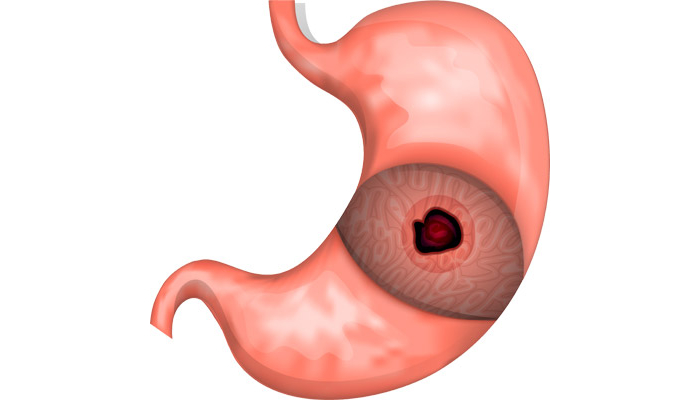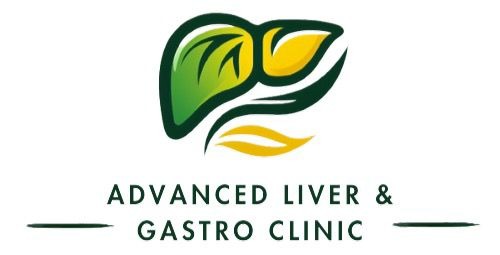Peptic ulcers Treatment in Wakad
Peptic ulcers are painful sores that form on the inner lining of the stomach, small intestine, or esophagus, often due to excessive stomach acid or an H. pylori infection. The most common symptom is stomach pain, which may worsen on an empty stomach. Depending on the location, these ulcers are classified as gastric ulcers (stomach), duodenal ulcers (small intestine), or esophageal ulcers (esophagus). If left untreated, they can lead to complications like bleeding or perforation.
For expert diagnosis and treatment of peptic ulcers, consult Dr. Ujwal Zambare, a best GI Surgeon in Wakad, Pune.

Causes
Peptic ulcers occur when acid in the digestive tract eats away at the inner surface of the stomach or small intestine. The acid can create a painful open sore that may bleed.
- A bacterium. Helicobacter pylori bacteria commonly live in the mucous layer that covers and protects tissues that line the stomach and small intestine. Often, the H. pylori bacterium causes no problems, but it can cause inflammation of the stomach’s inner layer, producing an ulcer.
- Regular use of certain pain relievers. Taking aspirin, as well as certain over-the-counter and prescription pain medications called nonsteroidal anti-inflammatory drugs (NSAIDs) , can irritate or inflame the lining of your stomach and small intestine. These medications include ibuprofen (Advil, Motrin IB, others), naproxen sodium (Aleve, Anaprox DS, others), ketoprofen and others. They do not include acetaminophen (Tylenol, others).
- Other medications. Taking certain other medications along with NSAIDs, such as steroids, anticoagulants, low-dose aspirin, selective serotonin reuptake inhibitors (SSRIs), alendronate (Fosamax) and risedronate (Actonel), can greatly increase the chance of developing ulcers.
Risk Factors
In addition to having risks related to taking NSAIDs, you may have an increased risk of peptic ulcers if you:
- Smoke. Smoking may increase the risk of peptic ulcers in people who are infected with H. pylori.
- Drink alcohol. Alcohol can irritate and erode the mucous lining of your stomach, and it increases the amount of stomach acid that’s produced.
- Have untreated stress.
- Eat spicy foods.
Symptoms
- Burning stomach pain
- Feeling of fullness, bloating or belching
- Intolerance to fatty foods
- Heartburn
- Nausea
Prevention
- Protect yourself from infections. It’s not clear just how H. pylori spreads, but there’s some evidence that it could be transmitted from person to person or through food and water.
- Use caution with pain relievers. If you regularly use pain relievers that increase your risk of peptic ulcer, take steps to reduce your risk of stomach problems. For instance, take your medication with meals.
Peptic ulcers can lead to serious complications if not treated properly. Early diagnosis and appropriate medical care are essential to prevent complications such as bleeding, perforation, or obstruction. If you experience persistent stomach pain, bloating, nausea, or black stools, consult Dr. Ujwal Zambare, a GI Surgeon in Wakad, Pune, for expert evaluation and treatment.
